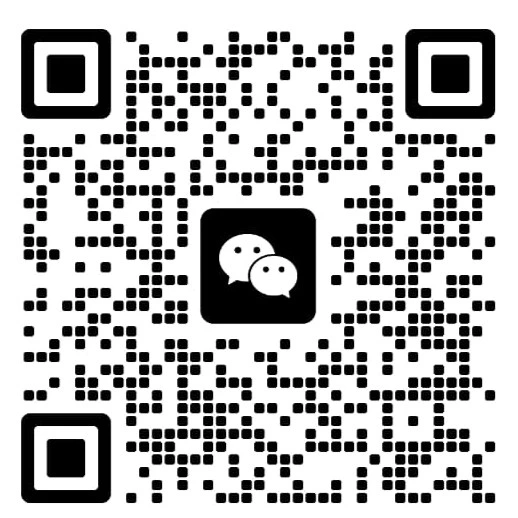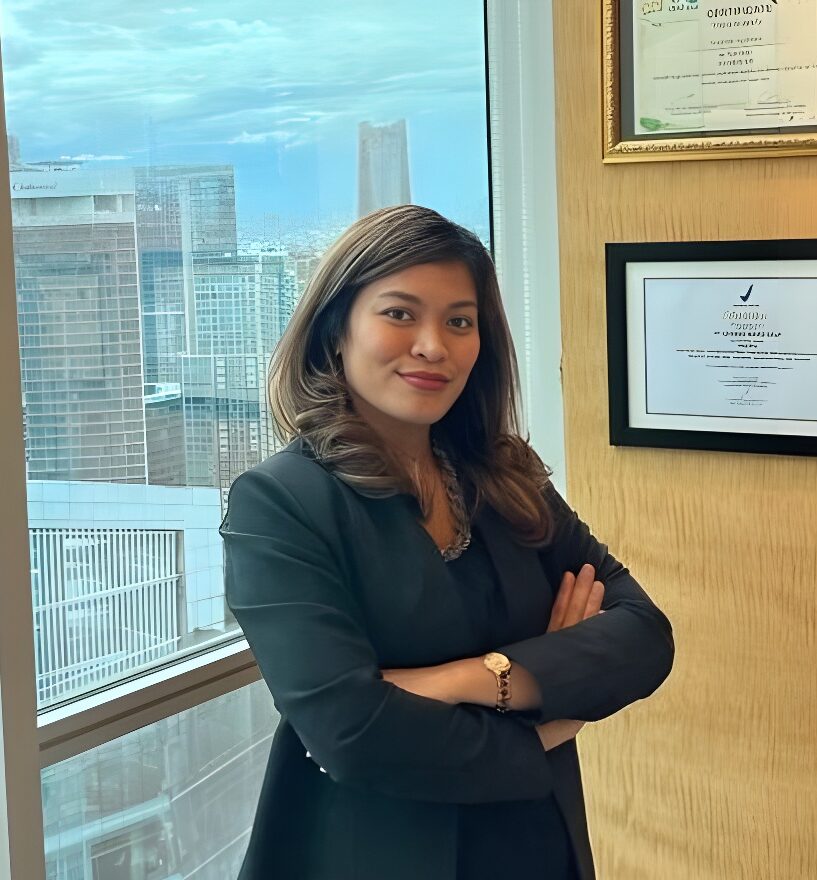Indonesia’s beauty and personal care market is growing at double-digit rates, driven by a young, Muslim-majority population that increasingly demands transparency, ethics, and Halal assurance from global brands.
Halal certification for cosmetics in Indonesia is not just a matter of religious compliance, but it’s a business necessity. This Halal regulation includes those in the skincare and cosmetics industries.
The Indonesian government, through the Halal Product Assurance Law (Law No. 33/2014), now requires all cosmetics distributed in the country to obtain Halal certification. The regulation ensures that products are free from prohibited (Haram) substances and are produced under ethical, traceable, and sanitary conditions.
For exporters from Europe, the U.S., China, or Australia, this means adapting to new regulatory realities, one where Halal certification is mandatory for market access. The process, led by BPJPH (Badan Penyelenggara Jaminan Produk Halal), involves document verification, factory audits, and strict material sourcing evaluations.
This article explains the framework, requirements, and step-by-step process for Halal certification of cosmetics in Indonesia.
Indonesia’s Halal Regulatory Framework for Cosmetics
The Indonesian Halal system combines religious supervision, scientific inspection, and government regulation. Here’s how it works:
- Legal Basis: Halal certification is regulated under the Halal Product Assurance Law (No. 33/2014) and Government Regulation No. 39/2021. These laws make Halal certification mandatory for food, beverages, pharmaceuticals, and cosmetics distributed in Indonesia.
- Authority: The process is administered by BPJPH, a government body under the Ministry of Religious Affairs responsible for approving and issuing Halal certificates.
- Audit Process: Technical audits are carried out by accredited inspection bodies known as LPH (Lembaga Pemeriksa Halal), which verify materials, processes, and supply chains. The Indonesian Ulema Council (MUI) may provide religious rulings for complex cases.
- Integration with BPOM: Cosmetic products also require approval from the National Agency of Drug and Food Control (BPOM) for product safety and efficacy. Only products with both BPOM registration and Halal certification can be legally sold in Indonesia.
In short, Halal approval BPJPH cosmetics and BPOM licensing must go hand in hand. Without both, products risk rejection at customs or delisting from retailers and e-commerce platforms.
Why Halal Certification Matters for Global Cosmetic Brands
For exporters targeting Indonesia’s thriving beauty industry, Halal certification brings significant business and reputational benefits:
1. Market Access & Legal Compliance
Starting in 2026, Halal certification will be mandatory for all cosmetics, both local and imported, to be sold and distributed in Indonesia. Obtaining certification ensures smooth customs clearance and access to online and offline retail networks.
2. Consumer Trust and Brand Loyalty
Indonesian consumers are increasingly educated and value-driven. According to the Indonesia Halal Index, over 85% of women prefer Halal-certified skincare and makeup. A Halal logo signals purity, safety, and ethics, which builds brand credibility.
3. Competitive Advantage in ASEAN & OIC Markets
Halal-certified products registered in Indonesia are often recognized across ASEAN and OIC (Organization of Islamic Cooperation) countries. This widens export opportunities beyond Indonesia, into Malaysia, Brunei, and the Middle East.
4. Alignment with Global Sustainability Trends
Halal certification overlaps with global clean beauty movements such as non-toxic, cruelty-free, and environmentally conscious production. For international brands, Halal compliance strengthens ESG (Environmental, Social, and Governance) credentials.
5. Strategic Partnerships
Indonesian distributors and retailers now favor Halal-certified brands, as it minimizes compliance risks in public procurement and online marketplaces.
By achieving Halal compliance, international cosmetic companies can build trust, expand market presence, and future-proof their business in Indonesia’s dynamic beauty sector.
Which Cosmetic Products Require Halal Certification?
Under Indonesian law, virtually all cosmetic and personal care items that touch the body require Halal certification.
Categories that require certification include:
- Skincare: moisturizers, serums, toners, sunscreen, and facial masks.
- Makeup: lipstick, foundation, blush, eyeshadow, mascara.
- Haircare: shampoo, conditioner, hair oil, hair dye.
- Body care: lotion, deodorant, perfume, soap, hand sanitizer.
- Oral & Nail products: toothpaste, mouthwash, nail polish, nail remover.
The key determinant is whether the product uses any animal-derived ingredients, alcohol, or materials from non-Halal sources.
Common ingredients that often trigger Halal scrutiny:
- Glycerin, collagen, and stearic acid may come from animal fat.
- Carmine dye (CI 75470) – derived from insects.
- Fragrance fixatives and alcohol-based solvents – require proof of Halal origin or synthetic alternative.
Manufacturers must trace every ingredient back to its source to ensure no contamination with haram substances during production, storage, or transportation.
The Halal Certification Process for Cosmetics in Indonesia
Obtaining Halal certification for cosmetics in Indonesia follows a structured, six-step process managed by BPJPH and audited by accredited inspection bodies.
Step 1: Material & Ingredient Screening
The process begins with ingredient assessment. Manufacturers must identify all raw materials and determine their source, such as animal, plant, mineral, or synthetic. If any ingredient is derived from animals, the origin (Halal-slaughtered or not) must be verified with supplier documentation.
- Prepare a complete ingredient matrix with CAS numbers and sources.
- Replace questionable ingredients (e.g., pig-derived glycerin) with certified alternatives.
- Collect Halal declarations or certificates from suppliers.
Step 2: Dossier Preparation
Compile a complete Halal certification dossier for BPJPH submission, including:
- Halal Assurance System (HAS 23000) Manual.
- Detailed formulation list and manufacturing process flow.
- Letter of Authorization (LoA) from manufacturer to local representative.
- Certificate of Free Sale (CFS) and GMP/ISO 22716 certificates (legalized).
- Label and packaging samples in Bahasa Indonesia.
- Factory profile, QC procedures, and sanitation records.
Every document must be consistent and translated into Bahasa Indonesia. The Halal Assurance System (HAS) is particularly critical, as it outlines how the manufacturer prevents cross-contamination with non-Halal materials.
Step 3: Online Application via the SiHalal Portal
Applications are submitted through BPJPH’s digital platform, SiHalal. The system requires:
- Account registration under the company’s name.
- Uploading all legalized documents.
- Paying the government processing fee (PNBP).
After submission, BPJPH assigns an LPH (Halal Inspection Body) to conduct the audit.
Step 4: Halal Audit by LPH
An accredited LPH inspects the production site, documentation, and supply chain. The audit covers:
- Material sources, supplier traceability, and labeling.
- Sanitation standards and equipment segregation.
- Storage, transportation, and waste management systems.
International manufacturers may undergo an audit via video inspection if travel restrictions are in effect; however, on-site verification remains the preferred method.
Step 5: Halal Certificate Issuance
Upon audit completion, the LPH submits findings to BPJPH. If all requirements are met, BPJPH issues the Halal Certificate, valid for four years.
Manufacturers must display the Halal logo on product packaging in compliance with Indonesian labeling regulations.
Step 6: Post-Certification Maintenance
Companies must continuously maintain Halal compliance by:
- Reporting any change in ingredients, packaging, or supplier to BPJPH.
- Conducting internal Halal audits at least once a year.
- Renewing certification before expiration.
PRI recommends integrating Halal monitoring into your existing quality assurance (QA) system to simplify long-term compliance.
Key Documents Required for Halal Certification of Cosmetics
Here’s a summary of essential documents needed for the Halal certification process:
| Document | Purpose | Prepared By |
| Letter of Authorization (LoA) | Appoints local representative | Manufacturer |
| Certificate of Free Sale (CFS) | Confirms legality in the country of origin | Manufacturer |
| GMP / ISO 22716 Certificate | Demonstrates good manufacturing practices | Manufacturer |
| Full Ingredient List | Details material origins and sources | Manufacturer / R&D |
| Product Label & Packaging (Bahasa Indonesia) | Ensures compliance with labeling laws | Manufacturer / Local Partner |
| Halal Assurance System Manual (HAS 23000) | Documents internal Halal control | Manufacturer |
Even if a product has already obtained Halal certification from foreign authorities (e.g., JAKIM in Malaysia, MUIS in Singapore, or the UAE’s ESMA), it must still be validated locally by BPJPH to receive an Indonesian Halal Certificate.
Maintaining Halal Compliance Post-Approval
Halal certification is not a one-time event, but it’s a continuous commitment. After receiving certification, companies must maintain compliance through:
- Halal Surveillance Audits: BPJPH or LPH may conduct periodic reviews.
- Documentation Updates: Notify BPJPH of any formula, packaging, or supplier changes.
- Renewal Every 4 Years: Certificates must be renewed before expiry.
- Internal HAS Monitoring: Keep all Halal Assurance System documentation updated.
Common Challenges for Exporters
Foreign cosmetic brands often underestimate the complexity of Indonesia’s Halal system. Common hurdles include:
- Ingredient Traceability: Verifying sources of glycerin, collagen, and surfactants.
- Translation Requirements: All documents must be translated into Bahasa Indonesia by certified translators.
- Duplicate Documentation: Overlapping BPOM and BPJPH requirements often confuse exporters.
- Local Coordination: Many foreign companies rely on distributors who are unfamiliar with Halal Assurance Systems.
- Time & Legalization Delays: Embassy legalization of certificates often prolongs approval timelines.
The solution? Partnering with a Halal regulatory consultant that understands both halal cosmetic regulation in Indonesia and practical implementation challenges for foreign exporters.
Indonesia’s Halal certification system for cosmetics is reshaping how global beauty brands enter and operate in Southeast Asia. Compliance is no longer optional, but it’s the foundation of trust, access, and growth in a market that values purity, safety, and ethical sourcing.
By preparing early, documenting every ingredient, and aligning manufacturing processes with Halal Assurance principles, international cosmetic exporters can position themselves for long-term success in Indonesia’s competitive beauty sector.
Partner with Product Registration Indonesia
Navigating Halal certification cosmetics in Indonesia can be complex, especially when balancing BPOM, BPJPH, and supplier documentation requirements.
- Pre-Assessment & Material Screening: Identify non-Halal risks before application.
- Dossier Preparation & Legalization: Compile and translate all required documents accurately.
- BPJPH Liaison & Audit Coordination: Handle all communication with authorities and inspection bodies.
- Post-Certification Monitoring: Manage renewals and compliance updates seamlessly.
Led by Dr. Hussein H. Mashhour, a regulatory and medical expert with more than 15 years of experience in Indonesia’s compliance landscape, PRI ensures that your cosmetic product enters Indonesia smoothly, ethically, and fully compliant.
Contact Product Registration Indonesia today to start your Halal certification journey for cosmetic products and enter Indonesia’s beauty market with confidence and full compliance.




